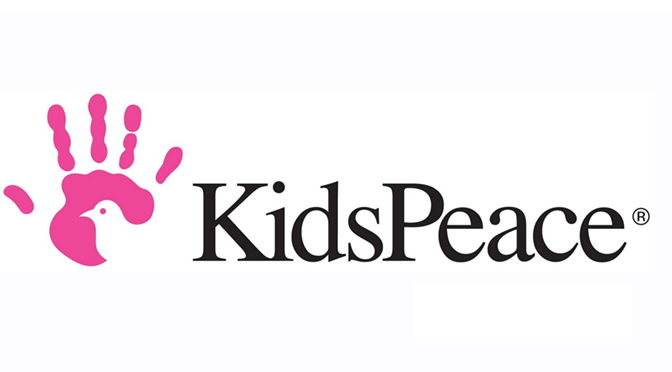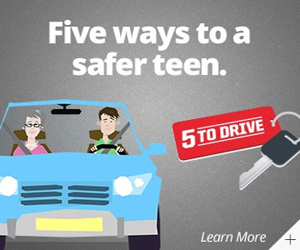|
|
SCHNECKSVILLE, PA (May 12, 2022) – KidsPeace President and CEO Michael Slack offered an expression of hope about mental health crises facing our nation’s youth, in a letter to the editor published in the May 16th edition of The New Yorker magazine.
The letter was in response to an article from The New Yorker’s April 11th issue, titled “The Unthinkable,” in which reporter Andrew Solomon detailed the struggles of families coping with the suicide of a child to illustrate the “escalating phenomenon” of both a rise in teen suicide rates and a drop in the average age of young people dying of suicide in the U.S.
Acknowledging the stories told in the article are “heartbreaking,” Mr. Slack’s letter cautioned readers not to conclude that “nothing can be done to alter a child’s trajectory” toward suicide. “Professional mental-healthcare providers have been successful in guiding children away from suicide and self-harm,” he wrote, noting the “continuum of service(s)” KidsPeace provides to children and families – ranging from inpatient crisis intervention to the web-based TeenCentral therapeutic support service.
Full text of Mr. Slack’s The New Yorker letter:
As a mental-health professional, I found Andrew Solomon’s piece heartbreakingly accurate in its portrayal of the impact on families when a child dies by suicide (“The Unthinkable,” April 11th). I hope that readers will not conclude, based on the stark illustration of the hopelessness and frustration that the featured families experienced, that nothing can be done to alter a child’s trajectory.
Professional mental-healthcare providers have been successful in guiding children away from suicide and self-harm through a continuum of services—from hospital-based crisis intervention, to school-based and community outpatient programs, to innovations like my organization’s TeenCentral.com therapeutic support website. In the past, such efforts had to combat the stigma surrounding mental health, but ironically, the clear emotional impact of the COVID-19 pandemic on kids has helped break down that stigma among American families.
It’s true that not every intervention results in a successful outcome, and that our society needs to do more to help mental healthcare providers address long-standing funding and workforce issues, but it’s important to remember that there are effective forms of help available to many children.
For 140 years, KidsPeace has been building on its expertise to give hope, help and healing to children, adults and those who love them. Through its comprehensive range of residential treatment programs; accredited educational services; unique psychiatric hospital and foster care and community-based programs, KidsPeace is dedicated to helping people connect, transform and overcome their challenges to ensure a stable future, transition to adulthood and gain independence. Since its doors opened, nearly 300,000 children have participated in one of the multitude of programs KidsPeace offers.
For additional resources or more information on how to get involved, become a foster parent or make a donation, please visit www.kidspeace.org. Follow us at www.facebook.com/kidspeace.org or on Twitter @KidsPeace.
Information Provided By:
Robert Martin
Director of Communications







